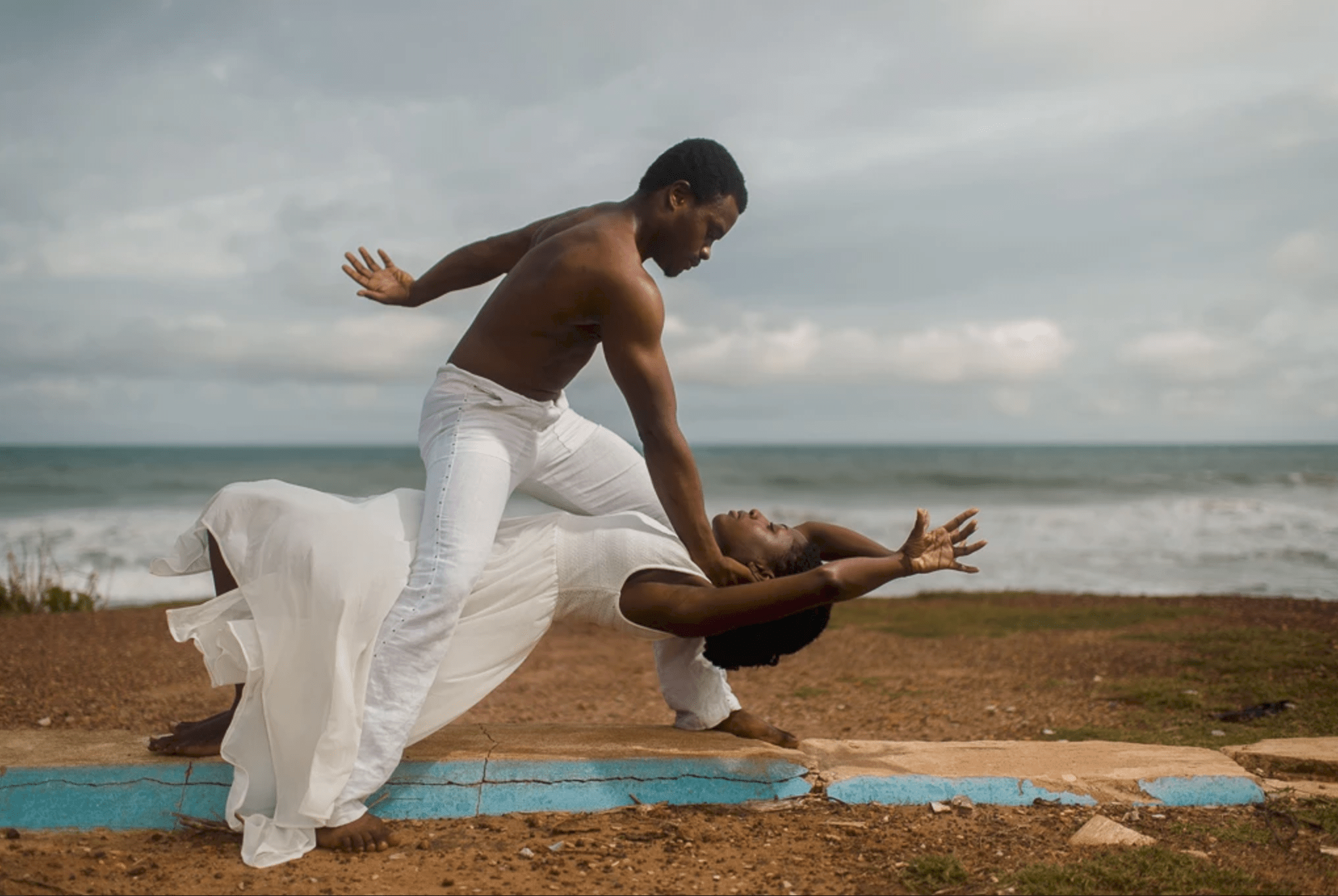Strengthening Cultural and Hospitality Ties Through Strategic Collaboration
A significant step has been taken in Ghana to enhance the synergy between the arts and hospitality sectors. The National Theatre has entered into a partnership with the Accra City Hotel, formalized through a Memorandum of Understanding (MOU). This collaboration aims to bridge the gap between cultural expression and the hospitality industry, fostering a more vibrant and engaging experience for both locals and international visitors.
The initiative is designed to promote Ghanaian culture on a broader scale, offering guests at the Accra City Hotel an opportunity to immerse themselves in the rich traditions and artistic diversity of the country. Weekly performances will be held at the hotel, featuring a range of cultural expressions that reflect the essence of various regions within Ghana.
Tolong support kita ya,
Cukup klik ini aja: https://indonesiacrowd.com/support-bonus/
Diverse Performances from National Theatre’s Resident Groups
Under the MOU, the National Theatre’s three resident groups—namely the National Drama Company, the National Dance Company, and the National Symphony Orchestra—will showcase their talents. These performances are carefully curated to highlight the unique cultural heritage of different communities across Ghana. From traditional dances to dramatic storytelling and symphonic music, the programs aim to captivate audiences and provide an authentic taste of local artistry.
The signing ceremony was attended by key representatives from both organizations, underscoring the mutual commitment to strengthening ties between the arts and hospitality sectors. This partnership not only benefits the National Theatre but also enriches the guest experience at the Accra City Hotel, making it a hub for cultural engagement.
A Vision for Cultural Promotion and Tourism
Mr Henry Herbert Malm, Acting Executive Director of the National Theatre, emphasized that the collaboration is primarily about spreading Ghanaian culture. He noted that the performances will include culturally infused music, drama, and symphonic presentations that are designed to engage and entertain hotel guests.
He also highlighted that the MoU would provide unique in-house entertainment options, allowing guests to experience the richness of Ghana’s cultural heritage without leaving the premises. “At night, it’s not everyone who is able to step out and then have fun. So if you’re able to package something inside, it would be good,” he said.
Malm further pointed out that the relationship between the arts and hospitality sectors is deeply interconnected. By creating such partnerships, the potential for attracting more tourists to Ghana increases significantly.
Encouraging Broader Collaborations
The National Theatre is actively encouraging other interested parties to join this initiative. Malm stated that the organization is ready to promote Ghanaian arts and culture, and this collaboration serves as a vital platform to fulfill its core mandate of developing and promoting the nation’s cultural and artistic heritage.
Mr Divine Matey, General Manager of the Accra City Hotel, expressed confidence in the partnership, stating that the National Theatre’s dynamic and audience-engaging performances would offer diverse entertainment for hotel guests. He described the collaboration as a long-term endeavor, noting that it will extend into the foreseeable future.
Matey also acknowledged the National Theatre’s ability to adapt to audience preferences, which he believes will result in spectacular cultural performances. He emphasized that the hotel values creativity and innovation, and this partnership aligns with its vision of providing high-quality experiences for its guests.
A Win-Win for Both Sectors
This strategic alliance between the National Theatre and the Accra City Hotel exemplifies how cultural institutions and the hospitality industry can work together to create mutually beneficial outcomes. It not only elevates the profile of Ghanaian arts but also enhances the visitor experience, making the country a more attractive destination for cultural tourism. As the partnership progresses, it is expected to serve as a model for similar collaborations across the region.







